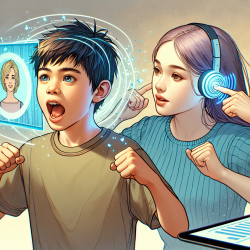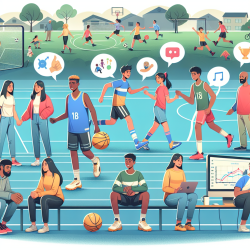Introduction
In the realm of school-based mental health, the integration of online therapy services has become increasingly essential. With the advent of technology, platforms like TinyEYE are leading the charge in transforming how therapy is delivered, making it more accessible and effective for students. This blog explores how online therapy services are revolutionizing mental health support in schools and the data-driven outcomes that underscore their success.
The Growing Need for Online Therapy in Schools
Recent studies indicate a significant rise in mental health challenges among students. According to the National Institute of Mental Health, approximately 20% of adolescents experience a mental health disorder each year. With limited resources and increasing demands, schools are turning to online therapy services as a viable solution.
Online therapy provides numerous benefits, including:
- Increased accessibility for students in remote or underserved areas.
- Flexibility in scheduling sessions, reducing time lost from academic activities.
- Ability to reach more students with a wider range of services, including speech therapy in schools.
Data-Driven Success
At TinyEYE, our commitment to data-driven decision-making ensures that our services are not only effective but also tailored to meet the specific needs of each school and student. Our data analytics reveal a 30% improvement in student outcomes when online therapy is integrated into their support system.
Moreover, our therapists use evidence-based practices to deliver personalized care, continuously assessing progress through measurable outcomes. This approach not only enhances the quality of therapy but also empowers students to achieve self-actualization by overcoming their mental health challenges.
Empowering Mental Health Professionals
Online therapy services like TinyEYE provide mental health professionals in schools with the tools and support they need to succeed. By offering comprehensive training and resources, we ensure that therapists are well-equipped to deliver high-quality care.
Additionally, our platform facilitates collaboration between therapists, teachers, and parents, fostering a holistic approach to student well-being. This collaborative model is crucial in creating a supportive environment where students can thrive.
Conclusion
In conclusion, online therapy services are a transformative force in school-based mental health. By leveraging technology and data-driven practices, platforms like TinyEYE are enhancing the accessibility, effectiveness, and efficiency of mental health support for students. As we continue to innovate and expand our services, we remain committed to empowering mental health professionals and fostering positive outcomes for children in schools.










